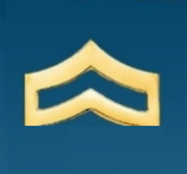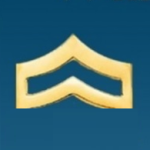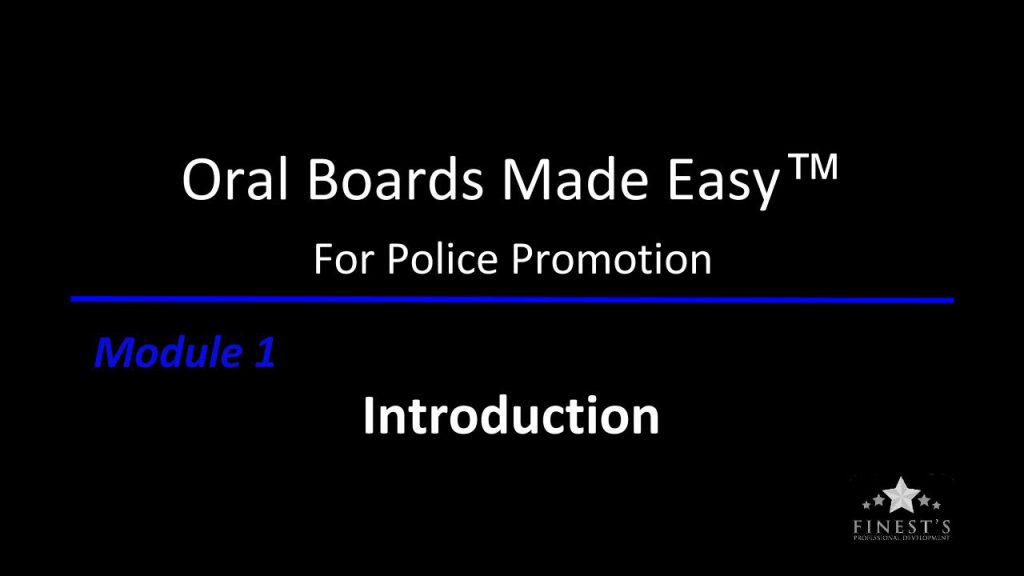Police Corporal Oral Board Questions:
"What does the word “mentor” mean to you and how will that word apply to you as a corporal?”
Police Corporal Oral Board Questions can be developed from infinite sources. A solid part of your oral assessment preparation strategy should be to try to predict what you may be asked and develop solid responses for a list of topics. One of the topics for which police corporal oral board questions may be developed is mentoring. This is not exclusive to police corporal oral board questions as it may potentially be asked at any rank. However, the corporal or sergeant ranks are often the first level of supervision and therefore less likely to be familiar with the mentoring concept. In this answer demonstration I also include the concept of coaching to show how it differs from mentoring. As you prepare to answer police corporal oral board questions at your promotion process, I strongly recommend that you start creating your own potential topic list with corresponding answers. If you are looking for a shortcut, my Oral Boards Made Easy for Police Promotion On-Demand Seminar has nearly 200 potential topics listed with corresponding hyperlinks to vetted resources on each topic.
“If you are looking for a well designed assessment / oral interview study program this is the one. The program is very reasonably priced, so don’t risk your career watching free videos or just reading articles on line. If you’re serious about getting promoted, invest in your career and use The Oral Boards Made Easy program. It will help you get promoted.”
-Promoted to Lieutenant in Massachusetts
ANSWER TRANSCRIPT:
Mentoring
“To me, the word mentor means guidance. I believe guidance is one of the primary functions of any supervisor, regardless of rank. Certainly, as a corporal, I will be seeking to give guidance to the personnel for whom I am responsible.
One component of mentoring that I must take into account as a new corporal is that I will be dealing with unique individuals under my command. They will vary by experience level, confidence, knowledge, and competency. For that reason, my approach to mentoring must be flexible. For example the senior officer who possesses more years of experience than I have will require a different approach than a new officer. Likewise, I will interact with my highly competent officers in a different way than I will with the officer who is struggling.
For that reason, the first step before mentoring my personnel will be getting to know them. I fully expect to meet with each officer one on one early in my tenure as corporal. From that conversation I will listen to the officers’ concerns and seek to gain an understanding of their professional aspirations. I will also be discussing our mutual expectations, among which will be my approach to mentoring and coaching personnel.
I differentiate between mentoring and coaching because I see them as two different approaches toward the same objective, which is professional growth and performance improvement.
With mentoring, I will be focusing more on direction and advice, but to varying degrees. With the aforementioned new officer, direction and advice is likely to be more intense than with a competent senior officer. With senior, competent personnel, gentle reminders are likely to be my approach rather than overt direction. But again, the officer and the situation will essentially dictate my mentoring approach.
Coaching differs from mentoring in that it seeks to elicit discoveries from my personnel rather than giving outright direction. As a field training officer, I had the opportunity to employ the coaching approach frequently with my late-stage trainees. The method that I have found most effective to achieve my coaching objectives has been to ask thought-provoking, open-ended questions and then, based on the response, follow up with more questions to have the officer process the situation and ideally solve the situation successfully on their own.
Lastly, as a corporal, I will seek a mentor of my own to help me navigate the unfamiliar waters of supervision. I have two potential mentors in mind, one of whom is a current, experienced and respected corporal who currently serves as my mentor. The other is a well-respected sergeant. I have not reached out to the sergeant yet, but I will be certain to do so once my promotion takes place. It is my intention that having a mentor at both my current rank and a rank above will give me two perspectives to guide my professional growth.
And that is what the word mentor means to me and how I will employ that developmental process as a corporal.”
